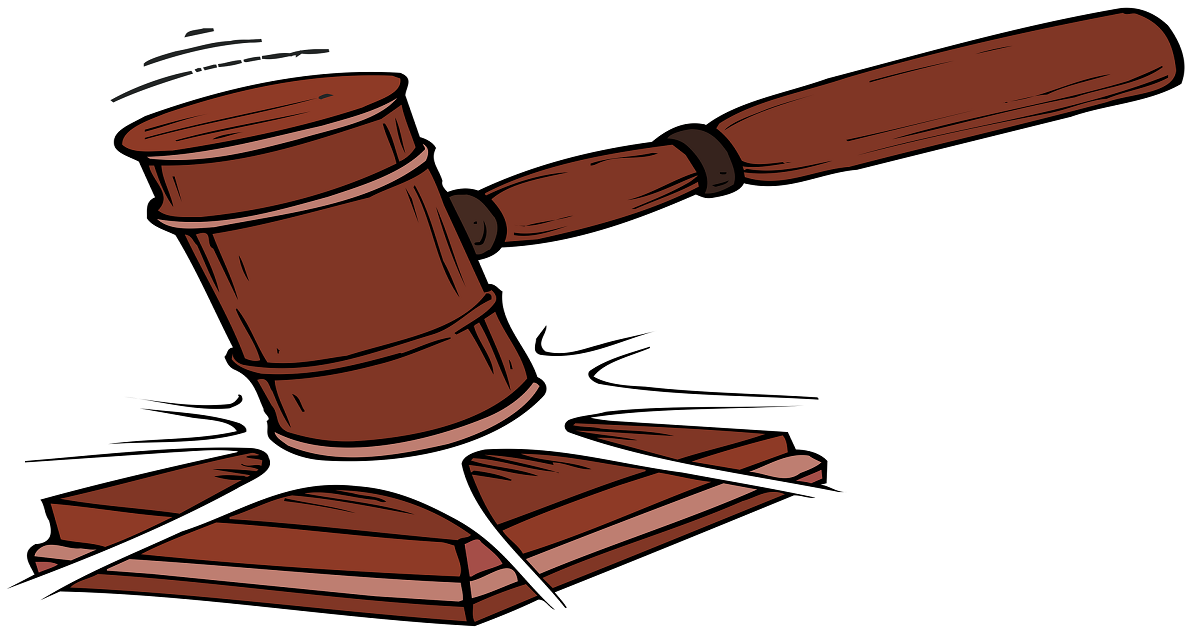During the pendency of a suit, the law allows parties to file an appeal against any decision of the trial court made before judgment (interlocutory decision). Such appeals are categorised as interlocutory appeals.
Overtime, some lawyers see interlocutory appeals as a weapon of delay to frustrate the hearing and ultimate determination of a suit. The pattern is such that as soon as the trial court delivers an unfavourable interlocutory decision, an appeal will be lodged against the decision. Subsequently, while the appeal is pending, the appellant will file a motion seeking to put on hold any further proceedings at the trial court, pending the hearing and determination of the appeal. This is a system of mounting heavy roadblocks on the path of justice.
In a recent case decided by the Supreme Court, the apex Court found that the interlocutory appeal filed in that case and pursued up to the Supreme Court was frivolous. In dismissing the appeal on 7 January 2022, the Court awarded 5 Million Naira damages against the Appellants and heavily chastised the law firm owned by a Senior Advocate for facilitating the delays through the filing of the frivolous interlocutory appeal. This was in the case of Williams v. Adold/Stamm Int’l (Nig.) Ltd [2022] 5 NWLR (Pt. 1822) 23.
Williams v. Adold/Stamm Int’l (Nig.) Ltd
The 1st Respondent, Adold/Stamm Int’l (Nig.) Ltd, hired the law firm of Chief FRA Williams Chambers (2nd Respondent) to recover debt owed the company by the Lagos State Development and Property Corporation (LSDPC). The debt was recovered by the Firm but dispute arose as to the amount remitted to the 1st Respondent by the Firm. The 1st Respondent claimed it was entitled to much more than the Firm remitted. As a result, the 1st Respondent as Plaintiff commenced an action against the Firm and two of the Williams Brothers (Appellants), when all the efforts at amicable resolution failed. The Appellants and the Firm filed a defence stating that the 1st Respondent had been paid in full. The Appellants and the Firm had applied to the trial Court to stay proceedings in the suit and order parties to explore arbitration in line with the relevant arbitration clause in an agreement signed by the Appellants, their brother, Chief Ladi Williams SAN and the Firm.
The 1st Respondent objected, contending that it was not a party to the arbitration agreement. The trial Court reviewed the agreement and upon confirming that the 1st Respondent was not a party to it, refused the application for stay of proceedings in 2007.
The Appellants appealed to the Court of Appeal. There, they contended also that the ruling of the trial Court was delivered during court vacation and therefore, invalid. The appeal failed. The Court held that delivering the ruling during vacation in the circumstances was non-compliance with the Rules of Court but that it was a mere irregularity. A further appeal up to the Supreme Court was dismissed. At the Supreme Court, the Appellants’ main claim was an order for stay of proceedings and referring the dispute to arbitration.
One would wonder, how on earth did the Appellants try to rope in a company such as the 1st Respondent into an agreement it was never a party to? The following facts below influenced their thinking which the Court however found to be flawed.
So, it happened that Chief Ladi Williams SAN had formally exited their late father’s Law Firm voluntarily, following an agreement signed with his other brothers, the Appellants. In a rather seemingly twist of events, Chief Ladi Williams SAN was said to be a director at the 1st Respondent, and in fact, its alter ego and that Chief Ladi Williams SAN and the 1st Respondent was one and the same person. More so, it was argued that as at the time the Firm prosecuted the case for the recovery of the debt from LSDPC on behalf of the 1st Respondent, Chief Ladi Williams SAN was working in the Firm as a legal practitioner. Furthermore, the Appellants stated that in the agreement they signed with Chief Ladi Williams SAN, the latter, while disengaging from the Firm, acknowledged and accepted that he had no claims against the Firm and the Appellants.
Thus, it was contended that considering his position in the 1st Respondent, it should be taken that the agreement Chief Ladi Williams SAN entered into with his brothers, especially as it relates to the arbitration clause, should bind the 1st Respondent. This was notwithstanding the absence of any express mention of the 1st Respondent in the agreement.
The trial Court, Court of Appeal and the Supreme Court all upheld the distinct legal personality of the 1st Respondent, holding that it was not bound by the agreement, not being a party to it. This is elementary, and there can hardly be any valid argument to the contrary in the circumstances of the case. The Court declined to lift the veil of incorporation. The Court also held that the fact that a person has controlling shares in a company does not automatically make the person the alter ego of the company.
Irked by the vexatious efforts of the Appellants to insist that the 1st Respondent was bound by the arbitration agreement, and to argue this point up to the Supreme Court, thereby occasioning undue delays, Eko, JSC did not spare the Appellants’ Counsel. At page 98 of the report, his Lordship emphatically fumed:
I reiterate my stance that this further appeal is frivolous and vexatious, and an exercise in gross abuse of the process of court. It is sad to note that the chambers of a Senior Advocate – Kola Awodein & Co, had been the engine room responsible for propelling this reprehensible charade of the interlocutory appeals, designed only to delay and gag the trial of the substantive suit since 2007. How long can our administration of justice tolerate this unworthy and corruptly shenaniganism, even by senior lawyers?














